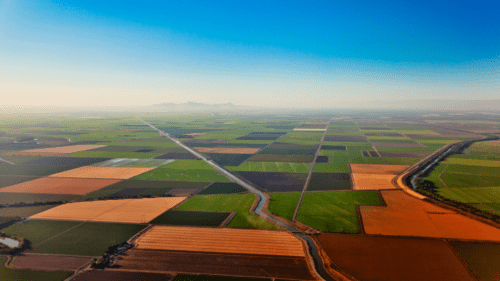
Envisioning a Climate-Safe California webinar #19: Air, Land, Rock, Water: An Overview of Carbon Dioxide Removal Pathways
The Clean Coalition was a partner organization for this webinar, which took place on 18 October 2024 at 10am.
The Climate Center believes in thriving, healthy communities. They envision a future where everyone in California enjoys clean air and water, renewable and reliable energy, healthy food, and abundant nature. California has the tools and the know-how to make this vision a reality if our elected leaders summon the political will. It is time we put people back at the heart of policy. In doing so, we can keep our friends and loved ones safe from worsening climate disasters, create millions of family-sustaining jobs, and give everyone the chance to thrive in the clean energy economy.
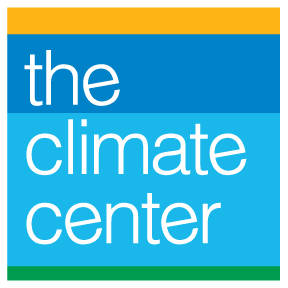
The climate center’s Envisioning a Climate-Safe California: Stories and Solutions webinar series will combine personal stories, frontline perspectives, scientific expertise, and policy analysis to shed light on how California can lead the world toward a climate-safe future. We’ll hear from the people and communities feeling the impacts of the climate crisis today as well as those advocating for solutions.
See below for more information on the nineteenth webinar of the series.
Webinar: Air, Land, Rock, Water: An Overview of Carbon Dioxide Removal Pathways
Friday, 18 October 2024 at 10am to 11:30am PST
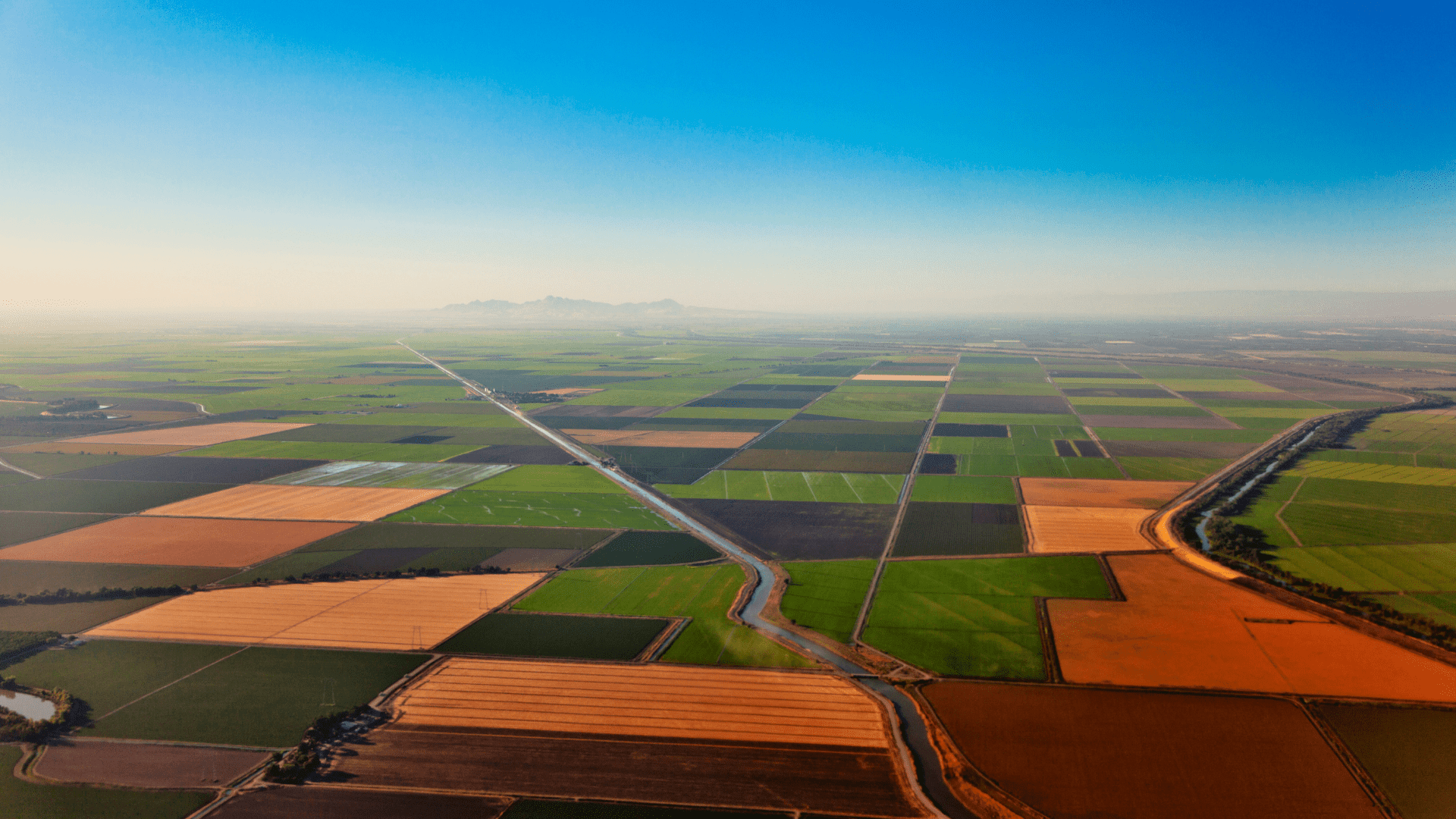
The world is navigating the necessary transition away from polluting fuels toward clean energy, but many scientists believe we must also work to remove climate pollution that has already been dumped into the atmosphere. That’s known as carbon dioxide removal (CDR). The call for CDR is only growing stronger as new analyses find that we’re not on track to meet the Paris Agreement targets. At the same time, there are different viewpoints especially about the engineered methods of removing carbon from the atmosphere that we must address.
In this second webinar of a six-part series, experts will provide an overview of the primary ways to remove carbon from the atmosphere, both natural and engineered. These include direct air capture, soil carbon management, afforestation, biochar, ocean CDR, biomass carbon removal and storage, and enhanced rock weathering. The webinar will explore:
- How much carbon each CDR method could potentially remove
- How permanently the removed carbon can be stored
- Scalability and cost of CDR
- How CDR will impact communities and local ecosystems
- The unknowns and questions about each of these methods
+ Click here for more information
This webinar series will explore the science, strategies, and policies of CDR. We will facilitate co-learning between stakeholders, address knowledge gaps, and emphasize the importance of engaging, protecting, and benefiting local communities with any proposed CDR projects. The series is a monthly webinar series that will run through February 2025.
This webinar series is co-hosted by California Environmental Voters, The Climate Center, and Project 2030.
Speakers
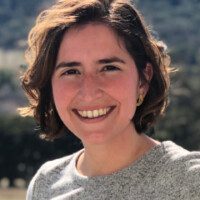
Asha Sharma
State Policy Manager at Leadership Counsel for Justice and Accountability
Asha Sharma is the State Policy Manager at Leadership Counsel for Justice and Accountability, where she develops and manages state policy campaigns driven by community needs and priorities. She has an extensive background in environmental justice, organizing, and agricultural and climate science. She holds a Master of Science from UC Davis in International Agricultural Development with a concentration in soil science.
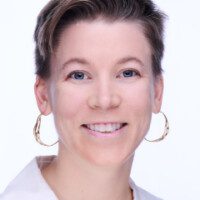 Dr. Charlotte Levy
Dr. Charlotte Levy
Managing Research Advisor at Carbon180
Dr. Charlotte Levy is a dynamic leader in the carbon removal field, combining deep scientific expertise with a passion for environmental justice outcomes. As a Managing Research Advisor at Carbon180, she is dedicated to scaling up carbon removal technologies while ensuring these solutions are rooted in justice and accountability.
Her interdisciplinary career includes a fellowship at the Department of Energy, where she contributed to the “Roads to Removal” report and earned the Assistant Secretary’s 2022 Outstanding Achievement Award. As a part of the Bioenergy Technologies Office she led a stakeholder workshop on building soil carbon and supported funding calls for biochar and alternative crop development. She received a PhD in land use management for climate mitigation from Cornell University and has worked in policy from grassroots community advocacy to federal climate and energy policy.
A fervent advocate for diversity in science policy, Dr. Levy has served in leadership roles with 500 Women Scientists and volunteers to support advocacy training programs. Through her work at Carbon180 and beyond, she is focused on building a carbon removal movement that uplifts communities and advances environmental justice.
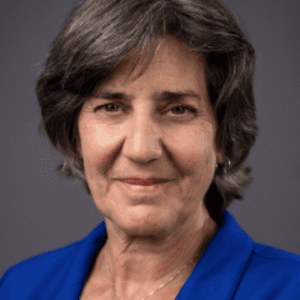 Dr. Anya Waite
Dr. Anya Waite
Chief Executive Officer and Scientific Director of the Ocean Frontier Institute
Dr. Anya Waite is the Chief Executive Officer and Scientific Director of the Ocean Frontier Institute of the Ocean Frontier Institute. Her previous roles include the associate vice-president research (ocean) at Dalhousie University from 2018-2024, section head of Polar Biological Oceanography at the Alfred Wegener Institute in Bremerhaven, and professor of oceanography at the University of Bremen.
After completing a Bachelor of Science in biology in 1985 at Dalhousie, she obtained her PhD in 1992 in biological oceanography at the University of British Columbia. She then held postdoctoral positions at Woods Hole Oceanographic Institution and Victoria University in New Zealand.
In 1997, Dr. Waite took a professorship at the University of Western Australia in Perth and was there for 17 years as a biological oceanographer. She was a research group leader in the Oceans Institute in addition to teaching students in the Environmental Engineering program. Dr. Waite’s early work included participation in the first Southern Ocean Iron Fertilization Experiment (SOIREE).
Previously, Dr. Waite co-chaired the prestigious Global Ocean Observing System steering committee from 2020-2024 – the first woman at the head of this body since its creation in 2011. She was Canada’s representative on the World Meteorological Organization’s Greenhouse Gas Study Group, and she co-chaired the Working Group on biological observation systems for the Scientific Committee on Oceanic Research (Integration of Plankton-Observing Sensor Systems to Existing Global Sampling Programs) from 2018-2022.
Dr. Waite was also on the board of the Marine Environmental Observation, Prediction, and Response Network (MEOPAR) from 2018-2024 and the editorial board of the international journal Limnology and Oceanography.
Earlier commitments included the Board of Directors of the Antarctic Climate and Ecosystems Cooperative Research Centre in Hobart, Australia, the Norwegian Research Council Advisory Board, the Programme Advisory Group for the Natural Environment Research Council’s (NERC) Changing Arctic Ocean Research Programme, the Steering Committee of the Southern Ocean Observation System (SOOS), and the board of directors for the Association for the Sciences of Limnology and Oceanography.
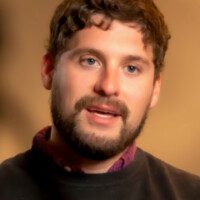 Dr. Daniel L. Sanchez
Dr. Daniel L. Sanchez
Professor at UC Berkeley’s Department of Environmental Science, Policy, & Management and Principal Scientist at Carbon Direct
Dr. Daniel L. Sanchez is on the faculty at UC Berkeley’s Department of Environmental Science, Policy, & Management. He studies engineered biomass and bioenergy systems that remove CO2 from the atmosphere. Trained as an engineer and energy systems analyst, Sanchez’s work and engagement spans the academic, corporate, and governmental sectors. He runs the Carbon Removal lab at UC Berkeley and is also a principal scientist at Carbon Direct. Prior to joining the faculty of UC Berkeley, Daniel was an AAAS Congressional Science and Engineering Fellow serving in the Office of Senator Michael Bennet (D-CO). He holds a PhD and MS from UC Berkeley’s Energy and Resources Group, and a BSE in chemical and biomolecular engineering from the University of Pennsylvania.
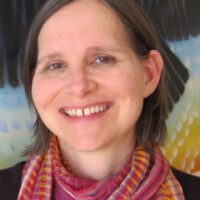 Dr. Shaye Wolf
Dr. Shaye Wolf
Climate Science Director for the Center for Biological Diversity’s Climate Law Institute
Shaye Wolf, Ph.D., is the climate science director with the Center for Biological Diversity’s Climate Law Institute. She provides scientific support for the Center’s campaigns to protect people and wildlife from the climate crisis—focused on phasing out fossil fuels and other dirty energy and speeding a just transition to 100% clean, renewable energy in the US. She has a bachelor’s degree in biology from Yale University and a doctorate in ecology and from the University of California, Santa Cruz.
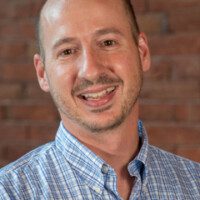 Dr. Peter Psarras
Dr. Peter Psarras
Professor at UPenn and Senior Decarbonization Engineer with Carbon Direct Inc.
Pete joined UPenn as a Research Assistant Professor in January 2021 and acting PI of the Clean Energy Conversions lab. His research involves techno-economic assessment and lifecycle analysis of technologies spanning both carbon capture, utilization, and storage (CCUS) and engineered carbon dioxide removal (CDR). These analyses inform strategic regional pathways for responsible deployment of carbon management systems. He is also a Senior Decarbonization Engineer with Carbon Direct Inc., where he evaluates new engineered technologies for various clients.
Pete received his B.A. in Chemistry from Miami University in Oxford, Ohio and continued to pursue his doctoral work at Cleveland State University. There, his focus shifted early from wet inorganic chemistry to computational modeling of systems through first principles. After receiving his doctorate in 2014, he joined the Clean Energy Conversions Laboratory, then at Stanford University. There he focused on the modeling of sorbents for post-combustion capture as well as geographic information systems modeling of source-sink relationships in carbon capture and utilization (CCU).
